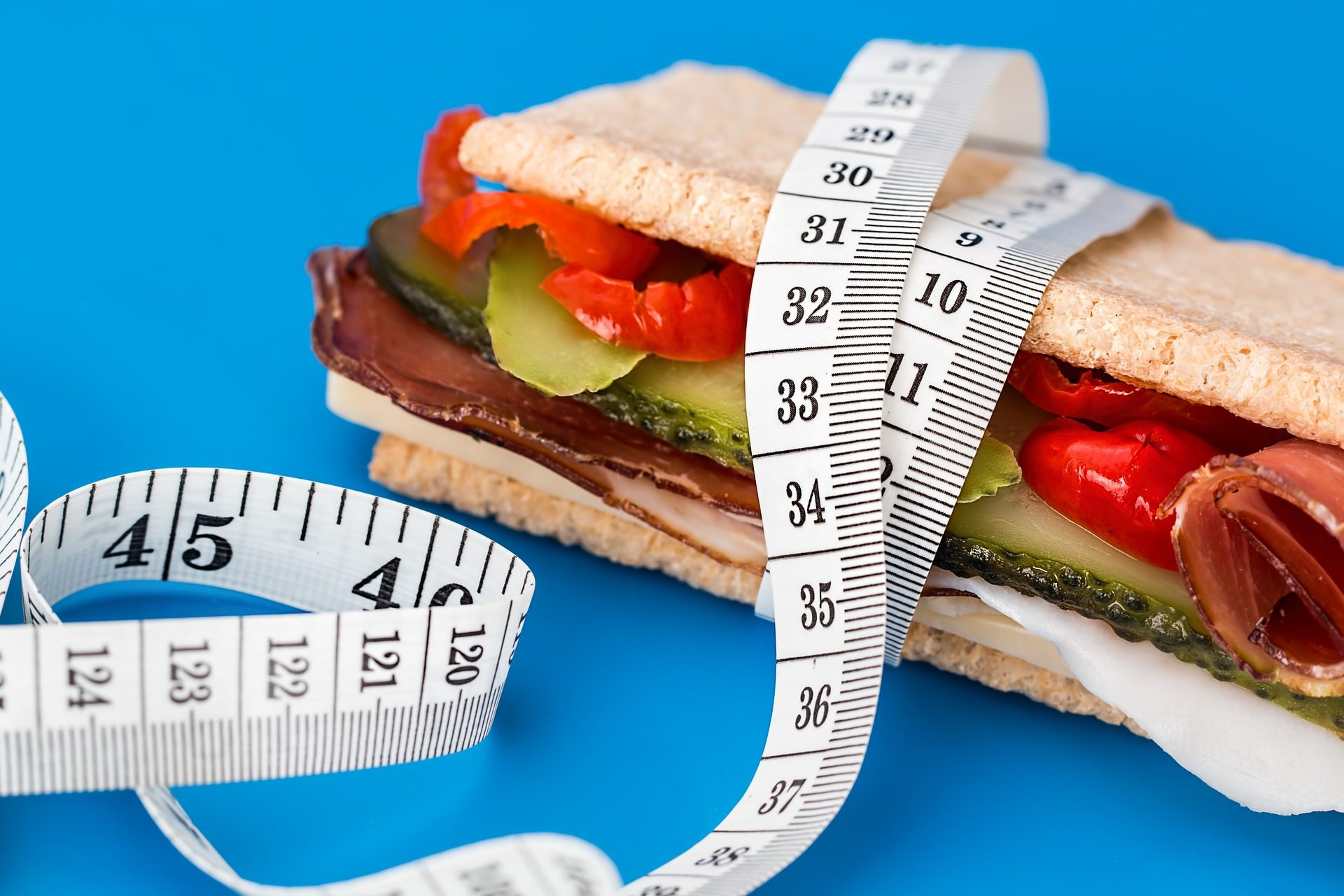In some severe cases, orthorexia can also be fatal.
Nowadays, there is a growing hype and culture around “clean eating”. Superfoods have become particularly “trendy” with kale and seaweed being dubbed the “celebrity greens”.
This is definitely not a trend to hate. Healthy eating habits predominantly lead to improvements in physical and mental health and general well-being. However, it is important to be aware that this is not always the case. For some people, healthy or “clean” eating can turn into an obsession that can lead to an eating disorder known as orthorexia.
So, what is orthorexia?
Orthorexia, also known as nervosa (ON) is an obsession with clean, healthy eating, rather than one that comes from wanting or needing to lose weight or be thin. The term “orthorexia” was first coined in 1997 and is derived from the Greek word for “right”: orthos. Like other eating disorders, orthorexia can result in serious consequences.
People with ON become particularly obsessive about the food they consume and its preparation. In some cases, this can lead to the elimination of entire food groups, as the affected individual chooses only to consider foods that have the highest nutritional value that is then cooked using the healthiest methods.
The worrying impact of climate change on human health and wellbeing
Unlike other eating disorders here, the focus is on the quality of the food being consumed, as opposed to the quantity of food. A typical person with ON may choose to only eat foods that are organic, grass-fed, non-GMO, low-carb, low-sodium and dairy free. They may be so particular that if the options available to them do not fit their perceived standard of “healthy”, they may forgo that meal altogether.
As such, ON can, ironically, have an adverse effect on health. People with this eating disorder are at an increased risk for cardiovascular, neurological, gastrointestinal and endocrine diseases.
In some severe cases, orthorexia can also be fatal.
How can we recognise the symptoms?
The symptoms of ON vary slightly from person to person and are largely influenced by cultural perceptions of health. Therefore, it is difficult to accurately diagnose.
Symptoms and warning signs of ON include:
- The compulsive checking of nutrition labels and ingredient lists.
- An inability to eat anything outside of a narrow group of foods that are perceived as “healthy” or “pure”.
- Elimination of a number of food groups such as sugar, carbohydrates, dairy, meat and all animal products.
- Showing an unusual interest in the composition of foods that other people are eating.
- Showing signs of self-imposed anxiety when it comes to breaking their self-imposed dietary rules. This often triggers feelings of shame as well as feelings of fear. It can also cause the individual to feel “less pure” and have negative physical sensations.
- Exhibiting high levels of stress and anxiety when “healthy” foods are unavailable.
- Obsessive thinking about what foods might be served at upcoming events.
With more advanced and serious cases, ON can even disrupt daily life and functioning. The affected individual can suffer from severe weight loss and other medical complications.
ON can also cause significant disruptions to lifestyle such as difficulties in social or academic functioning due to the associated beliefs or behaviours. People with ON can also experience issues with emotional dependence, such as problems with body image, self-worth, identity or self-satisfaction – all of which are completely dependent on their compliance with their own dietary rules that they’ve imposed on themselves.
How does one overcome orthorexia?
Orthorexia is just as serious as other eating disorders. If left untreated, the consequences arising from ON can deeply impact one’s livelihood, social life and can even cause irreversible damage to an individual’s health.
Therefore, it is extremely important to be self-aware when it comes to our eating behaviours. The self-identification of ON is often extremely difficult due to the fact that individuals with ON are less likely to recognise the toll their actions are taking on their health and well-being. This lack of self-awareness can delay their diagnosis and treatment.
Even though there is no official treatment, as of now, that is designed specifically for someone battling orthorexia, according to the National Eating Disorders Association, healthcare professionals can help treat the condition in similar ways that they would anorexia or obsessive-compulsive disorder. Psychotherapy can help greatly with the obsessive thought patterns associated with food and eating.
If you believe you could be suffering from ON, it is extremely important to seek professional help from a doctor, dietician and/or psychologist.
Maha El Akoum, MPH, is a public health professional currently working as Head of Content at World Innovation Summit for Health [WISH].
Follow Doha News on Twitter, Instagram, Facebook and Youtube







